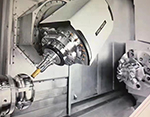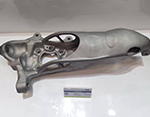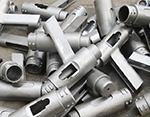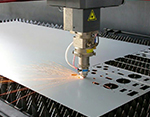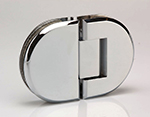-
Service
+
- CNC Precision Machining Service +
- Multi-Axis Simultaneous Machining Service +
- CNC Turning Service +
- Metal 3D Printing Service +
- Rapid Prototyping Service +
- Die Casting Service +
- Sheet Metal Fabrication Service +
-
Finish Serivces
+
- Polishing
- Grinding
- Brushed Finish
- Sand blasting
- Painting
- Powder Painting
- Anodizing
- Hard anodizing Service
- Passivation
- Zinc Plating
- Nickel Plating
- Chrome Plating
- Blackening
- Black Zinc Plating
- Teflon Coating
- Titanium Coating
- DLC Coating
- Laser Marking
- Silk Screen Printing
- Transfer Printing
- Micro Arc Oxidation
- Industries +
- About Us +
- Resource +
- Contact Us
- Quote

-
Service
-
>
-
>
-
>
-
>
-
>
-
>
-
>
-
>
-
- Industries
- About Us
- Resource
- Contact Us
Numerical control machining (numerical control machining) refers to a process method for processing parts on a numerical control machine tool. The process regulations of numerical control machine tool machining and traditional machine tool machining are generally consistent, but significant changes have also taken place. A machining method that uses digital information to control the movement of parts and tools. It is an effective way to solve the problems of variable variety, small batch, complex shape and high precision of parts and realize high-efficiency and automatic processing.
CNC machining has the following advantages:
①The number of tooling is greatly reduced, and complex tooling is not required for processing parts with complex shapes. If you want to change the shape and size of the part, you only need to modify the part processing program, which is suitable for new product development and modification.
②The processing quality is stable, the processing precision is high, and the repetition accuracy is high, which is suitable for the processing requirements of aircraft.
③In the case of multi-variety and small-batch production, the production efficiency is high, which can reduce the time for production preparation, machine tool adjustment and process inspection, and the cutting time is reduced due to the use of the optimal cutting amount.
④ It can process complex profiles that are difficult to process by conventional methods, and even process some unobservable processing parts.
The disadvantage of CNC machining is that the machine tool equipment is expensive and requires a high level of maintenance personnel.
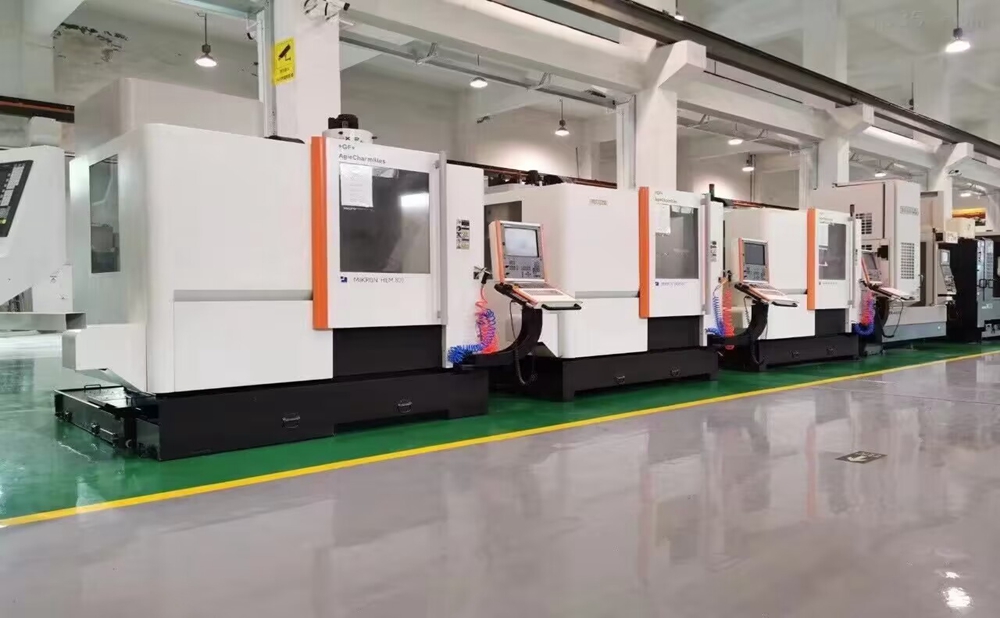
Metals are divided into 5 categories: 1. Light metals: density less than 4500 kg/m3, such as aluminum, magnesium, potassium, sodium, etc. 2. Heavy metals: density greater than 4500 kg/m3, such as copper, nickel, cobalt, lead, zinc, tin, etc. 3. Precious metals: the price is usually more expensive than commonly used metals, the crustal abundance is low, purification is difficult, and the chemical properties are stable, such as gold, silver and platinum group metals. 4. Semi-metals: The properties are between metals and non-metals, such as silicon, selenium, tellurium, etc. 5. Rare metals: rare light metals, such as lithium, rubidium, cesium, etc.
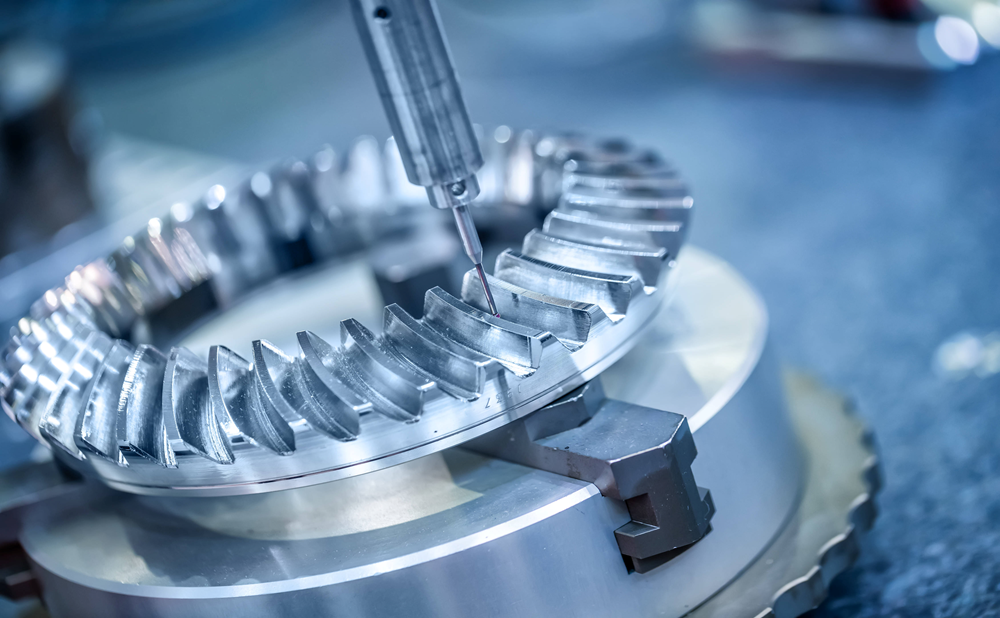
chemical properties of metals
According to the order of metal activity, metals before hydrogen are called active metals, and metals after hydrogen are passive metals.
1. The metal in front of hydrogen can react with weak oxidizing strong acid to replace the hydrogen in the acid (concentrated sulfuric acid, nitric acid and strong oxidizing acid react with metal without generating hydrogen gas). Such as: Fe + 2HCl ═ FeCl2 + H2↑
2. The highly mobile metal can react with the weakly mobile metal salt solution.
3. Most metals can react with oxygen.
4. The metals in front of H can theoretically react with water. At room temperature, potassium, calcium, sodium, etc. can react violently with water, magnesium, aluminum, etc. can react with hot water, and metals such as iron can react with water vapor at high temperature.
5. Metals are not oxidizing, but metal ions are oxidizing, and the ions formed by metals with weaker mobility are more oxidizing.
6. All metals have reducibility, and the less mobile the metal, the weaker the reducibility.
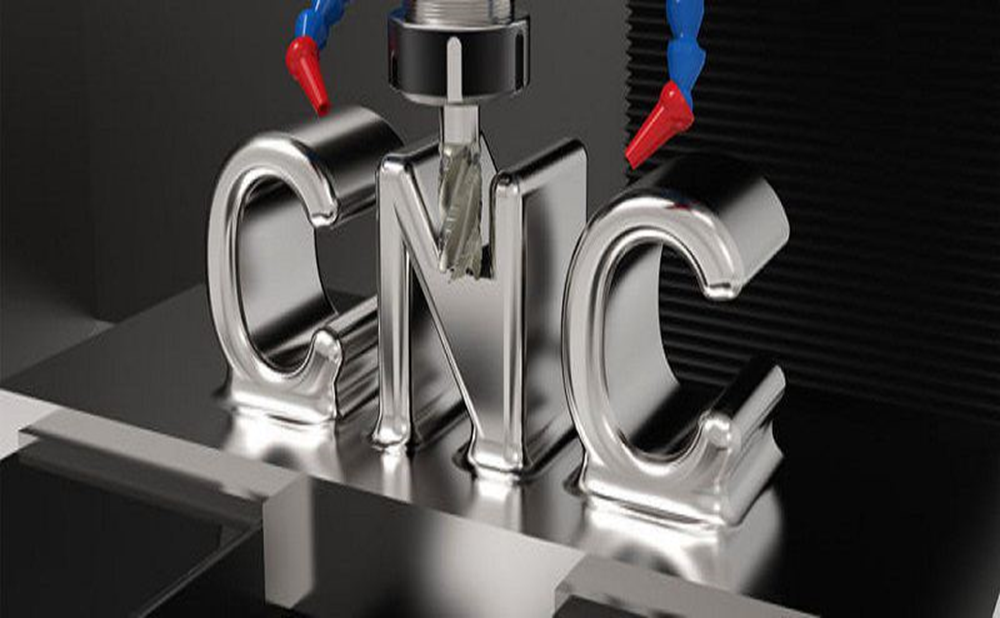
Contact:
Email: Maggie@kesugroup.com,
WhatsApp: +86 135-3842-1321
Our engineer team are ready for your projects and provide feedback quickly.

